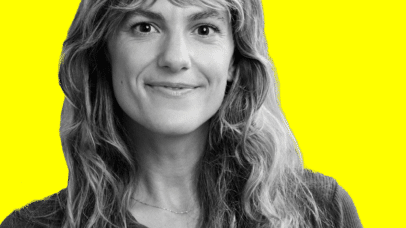
Pollinate Ep. 14- Stephanie May & Interdisciplinary Cartography
The modern cartographer needs a lot more than mapping software alone to be successful. Map solutions often require a breadth of knowledge across a team of capable people who know how to speak each other’s language. That’s something Stephanie May learned throughout her career in the geospatial industry. In this episode, the Director of Geospatial...









